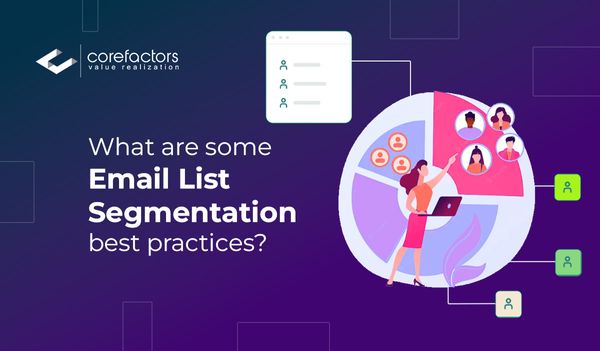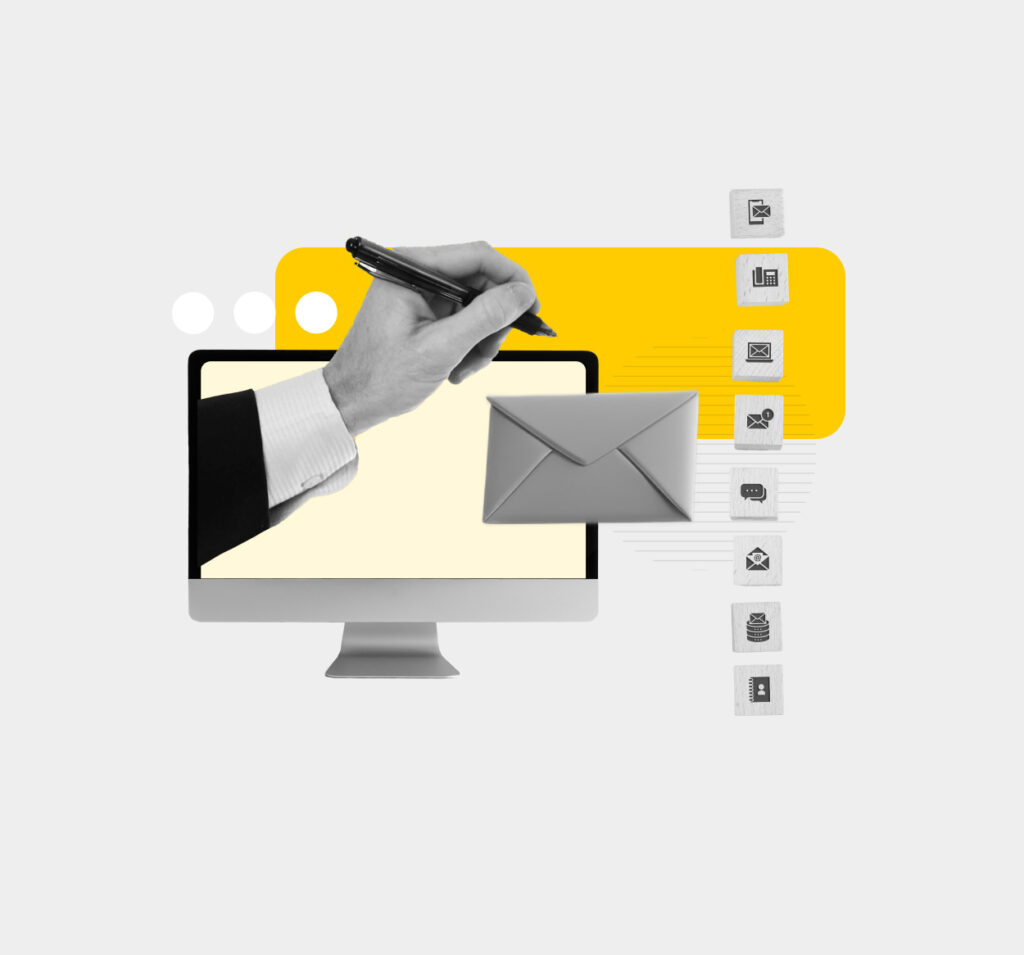In the digital age, effective event marketing hinges on more than just broadcasting messages to a generic audience. It demands precision, personalization, and strategic targeting to capture the attention of potential attendees and drive engagement. Enter email list segmentation – a powerful technique that allows event marketers to tailor their messaging, optimize conversions, and enhance overall campaign performance. In this comprehensive guide, we’ll explore how email list segmentation can revolutionize your event marketing efforts and propel your events to new heights of success.
Understanding Email List Segmentation: Breaking Down Your Audience
Email list segmentation involves dividing your email subscriber base into distinct segments based on specific criteria such as demographics, interests, behaviors, or past engagement with your events. By segmenting your audience, you gain invaluable insights into their preferences, allowing you to deliver highly relevant and targeted content that resonates with each segment.

1. Demographic Segmentation: Understanding Your Audience
Demographic segmentation involves categorizing subscribers based on demographic attributes such as age, gender, location, occupation, or income level. Understanding the demographics of your audience enables you to tailor your event marketing messages to resonate with their unique characteristics and preferences. For example, you may create separate campaigns targeting young professionals in urban areas versus retirees in suburban communities, each highlighting the aspects of your event most relevant to their demographic group.
2. Behavioral Segmentation: Leveraging Engagement Patterns
Behavioral segmentation involves analyzing subscribers’ past interactions with your event marketing campaigns, website, or previous events. By tracking open rates, click-through rates, registration history, and other engagement metrics, you can identify patterns and preferences that inform your segmentation strategy. For instance, you may segment your audience based on their level of engagement – active attendees, past registrants who haven’t attended, or subscribers who have never registered. Tailoring your messaging based on these behavioral insights increases the likelihood of conversion and encourages continued engagement with your events.
3. Interest-Based Segmentation: Catering to Diverse Interests
Interest-based segmentation involves categorizing subscribers according to their specific interests, preferences, or areas of expertise relevant to your events. Whether your events cover a broad spectrum of topics or focus on niche industries, segmenting your audience based on their interests allows you to deliver targeted content that aligns with their passions. For instance, you may create segments for technology enthusiasts, marketing professionals, healthcare practitioners, or small business owners, tailoring your event invitations, content, and promotions to appeal to each group’s unique interests and needs.

The Benefits of Email List Segmentation for Event Marketing
Embracing email list segmentation offers a multitude of benefits that can significantly enhance your event marketing efforts:
1. Enhanced Personalization: Segmented email campaigns allow you to deliver personalized content that speaks directly to the interests and preferences of each segment, fostering stronger connections and driving engagement.
2. Improved Relevance: By sending targeted messages to specific segments, you ensure that recipients receive content that is relevant and valuable to them, increasing the likelihood of conversion and attendance.
3. Increased Engagement: Segmented email campaigns often result in higher open rates, click-through rates, and overall engagement compared to generic, one-size-fits-all campaigns, as they speak directly to the needs and interests of each segment.
4. Better Conversion Rates: By delivering tailored messages that resonate with each segment, you can increase the likelihood of conversion and drive higher registration rates for your events.
Best Practices for Effective Email List Segmentation
To maximize the impact of email list segmentation on your event marketing efforts, consider the following best practices:
1. Collect Relevant Data: Ensure that you gather sufficient data about your subscribers to facilitate effective segmentation. This may include demographic information, past engagement data, interests, and preferences.
2. Segment Strategically: Identify key segmentation criteria that align with your event goals and audience demographics. Consider factors such as location, industry, job role, purchase history, or past event attendance.
3. Test and Iterate: Continuously monitor the performance of your segmented email campaigns and experiment with different segmentation strategies to identify what resonates best with your audience.
4. Maintain Consistency: While segmentation allows for personalized messaging, ensure that your brand voice and messaging remain consistent across all segments to maintain brand integrity and recognition.
Conclusion: Elevate Your Event Marketing with Email List Segmentation
In an era where audience attention is scarce and competition is fierce, effective event marketing requires a strategic approach that prioritizes relevance, personalization, and engagement. Email list segmentation serves as a cornerstone of successful event marketing campaigns, allowing you to deliver targeted messages that resonate with your audience’s unique characteristics, interests, and behaviors. By harnessing the power of segmentation, you can optimize your email campaigns, drive higher engagement and conversion rates, and ultimately, elevate the success of your events in a crowded digital landscape. Embrace email list segmentation as a catalyst for innovation and growth, and watch as your event marketing efforts soar to new heights of success.


